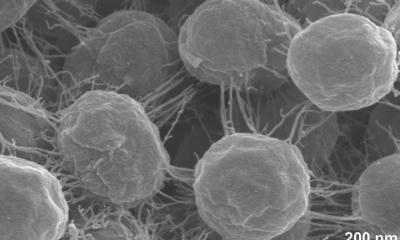New Study
Seeking to identify what causes death
A new study group that aims to establish guidelines on forensic microbiology sampling and encourage increased communications between European and global organisations, has been launched by the European Society of Clinical Microbiology and Infectious Diseases (ESCMID).

Named the Forensic and Postmortem Microbiology Study Group (ESGFOR) the aim is to create a new network of microbiologists, virologists, anthropologists and archaeologists working in the field of forensic medicine.Professor Amparo Fernandez-Rodriguez, from the National Institute of Toxicology and Forensic Sciences, Madrid, and head of ESGFOR, stresses the importance of this group in facilitating cooperation between (forensic) pathologists and (forensic) microbiologists.
Microbiology, she explains, is a new area of involvement for forensics and it is important that these two areas can work together to detect and defeat diseases. Speaking on behalf of ESGFOR, she said: ‘We are trying to convince medical examiners and judicial authorities of the importance of performing postmortem microbiology studies to learn from how people have died and prevent future occurrences.’
Identifying the causes behind a person’s death can help trigger a prevention plan. In discovering the bacteria involved, correct treatment strategies can be implemented and, in some cases, vaccines can be administered. Fernandez-Rodriguez spoke at the ECCMID 2015 conference in Copenhagen on the group’s goal to establish European guidance for standardised microbiological sampling in forensic cases.
Another focus for the new group is to instigate increased cooperation between different societies and networks. ESGFOR, for example, is working to establish collaboration with the European Network of Forensic Science Institutes (ENFSI).
Further details: www.escmid.org
19.06.2015





